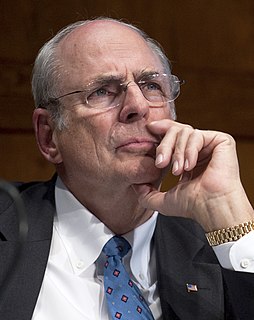A Quote by Frank Chodorov
Society thrives on trade simply because trade makes specialization possible, and specialization increases output, and increased output reduces the cost in toil for the satisfactions men live by. That being so, the market place is a most humane institution.
Related Quotes
Productivity - the amount of output delivered per hour of work in the economy - is often viewed as the engine of progress in modern capitalist economies. Output is everything. Time is money. The quest for increased productivity occupies reams of academic literature and haunts the waking hours of C.E.O.s and finance ministers.
Productivity-the amount of output delivered per hour of work in the economy-is often viewed as the engine of progress in modern capitalist economies. Output is everything. Time is money. The quest for increased productivity occupies reams of academic literature and haunts the waking hours of C.E.O.s and finance ministers.
Trade is the natural enemy of all violent passions. Trade loves moderation, delights in compromise, and is most careful to avoid anger. It is patient, supple, and insinuating, only resorting to extreme measures in cases of absolute necessity. Trade makes men independent of one another and gives them a high idea of their personal importance: it leads them to want to manage their own affairs and teaches them to succeed therein. Hence it makes them inclined to liberty but disinclined to revolution.
It seems that the increased number of scientific workers, their being split up into groups whose studies are limited to a small subject, and over-specialization have brought about a shrinking of intelligence. There is no doubt that the quality of any human group decreases when the number of the individuals composing this group increases beyond certain limits... The best way to increase the intelligence of scientists would be to decrease their number.
So," she went on, "it got me thinking about what cost beauty. Or for that matter, what cost anything? Would you trade love for beauty? Or happiness for beauty? Could a gorgeous person with a mean streak be a worthy trade? And if you did make the trade, decide you'd take that beautiful swan and hope it wouldn't turn on you, what would you do if it did?
































